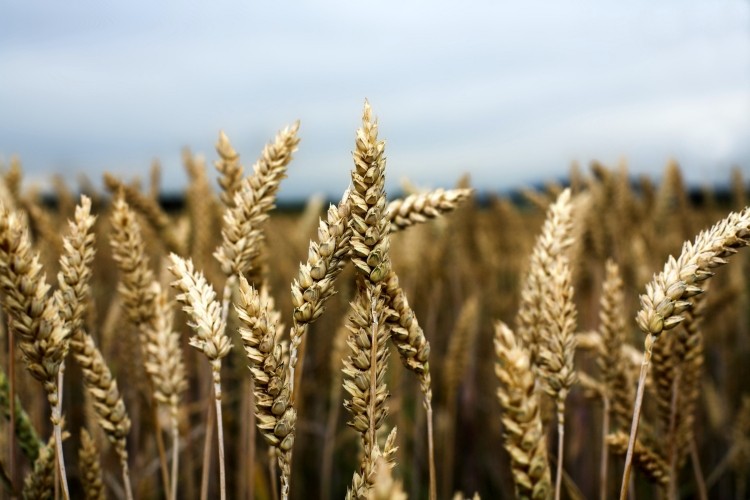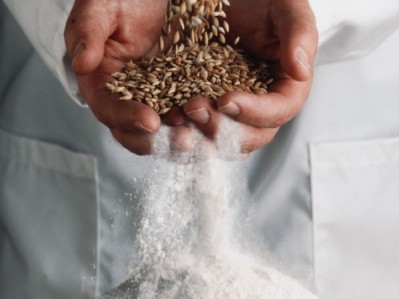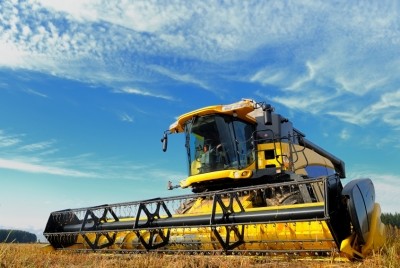Ex-NAWG president: We must step up to the plate and support GM wheat

Bing Von Bergen, also a longtime wheat farmer in Montana, told Milling & Grains why NAWG joined 15 other farm and wheat organizations in the US, Canada and Australia to publicly reaffirm their support of technology for the wheat sector—including GMOs—earlier this month.
“We know the benefits of commercializing biotech wheat, not just economically to producers, but to consumers worldwide,” Bing Von Bergen said. “If you look at the number of wheat acres worldwide, they’re dropping off at alarming rates, and not just to other crops; all farmland is being lost due to the expansion of cities. So we had to step up to the plate and embrace all safe technologies—and one of those was biotech.”
Revisiting the trilateral agreement (created five years ago) with some notable new signatories, such as the American Farm Bureau and the Farmers’ Union Cereals Canada, reinforced the wheat industry’s commitment to remaining viable, he said.
The initial agreement, floated in 2002, was shelved due to fears over lost market share, since the industry’s chief competitors in Australia and Canada hadn’t agreed yet. But as technological advancements were made in corn (shortened growing season by 20 days, to 70 days) and soybeans (higher yields grown in areas where the crop previously couldn’t grow), so grew additional R&D investments in those crops—at the expense of wheat.
“The industry started losing a significant amount of wheat acres to corn, cotton and soybeans,” Von Bergen said. “For the other commodities, it was becoming more economically beneficial for producers to raise those crops instead of wheat because of the problems being solved through biotech—whether it was disease or weed pressure.”
So in 2009, Canadian, US and Australian producers signed the agreement with the ultimate goal of minimizing market disruption when biotech wheat becomes a reality—which is likely 10 years away at least.
Tests change constantly; once you kill one weed, another will invade
In addition to the growing number of peer-reviewed studies purporting that GMOs are equivalent to their conventionally bred counterparts and thus safe, Von Bergen said that producers’ needs continue to evolve, necessitating an investment in innovation.
“People not in the agricultural industry don’t think about the fact that tests change constantly. Once you solve one problem and kill one weed, suddenly another will invade,” he said. “The fewer research dollars that go toward wheat, the more we will stay stagnant in yield increases and other tests we fight in our industry. The only way to have wheat remain an economically viable crop to producers is to invest in research.”
Ever since the domestication of wheat and creation of modern corn through plant breeding, growers have been genetically altering plats ever since; biotech simply speeds up that process, he added. “People who don’t understand it and study it, or read books on how it is done don’t realize that man has been manipulating plants forever. That’s why were able to feed a growing population.”
Still, because US wheat growers export roughly 50% of their crop, Von Bergen says that even when biotech wheat is commercialized, GMO-free wheat can and should still be made available to the countries that don’t want it. That said, it’s key for the industry to establish reasonable tolerance levels as early as possible.
A lot of biotech centered on sustainable traits, like lower nitrogen use and drought tolerance
Despite the growing prevalence of consumers demanding non-GMO products, Von Bergen is convinced that GM wheat will broaden wheat growers’ markets, particularly given many manufacturing customers’ increasing calls for more sustainably produced commodities.
“A lot of biotech is centered on drought tolerance and nitrogen use efficiency—both sustainable traits. If I can raise same crop and use less nitrogen, that’s hugely important. If I can have something bred into the plant that will solve my disease issues where I don’t have to spray crops two or three times with fungicides, that’s more sustainable.
“As a farmer, I am also an agronomist and an environmentalist. I’m a steward of the land. If I can make the land better for my son when he takes over my farm, that’s my responsibility.”









